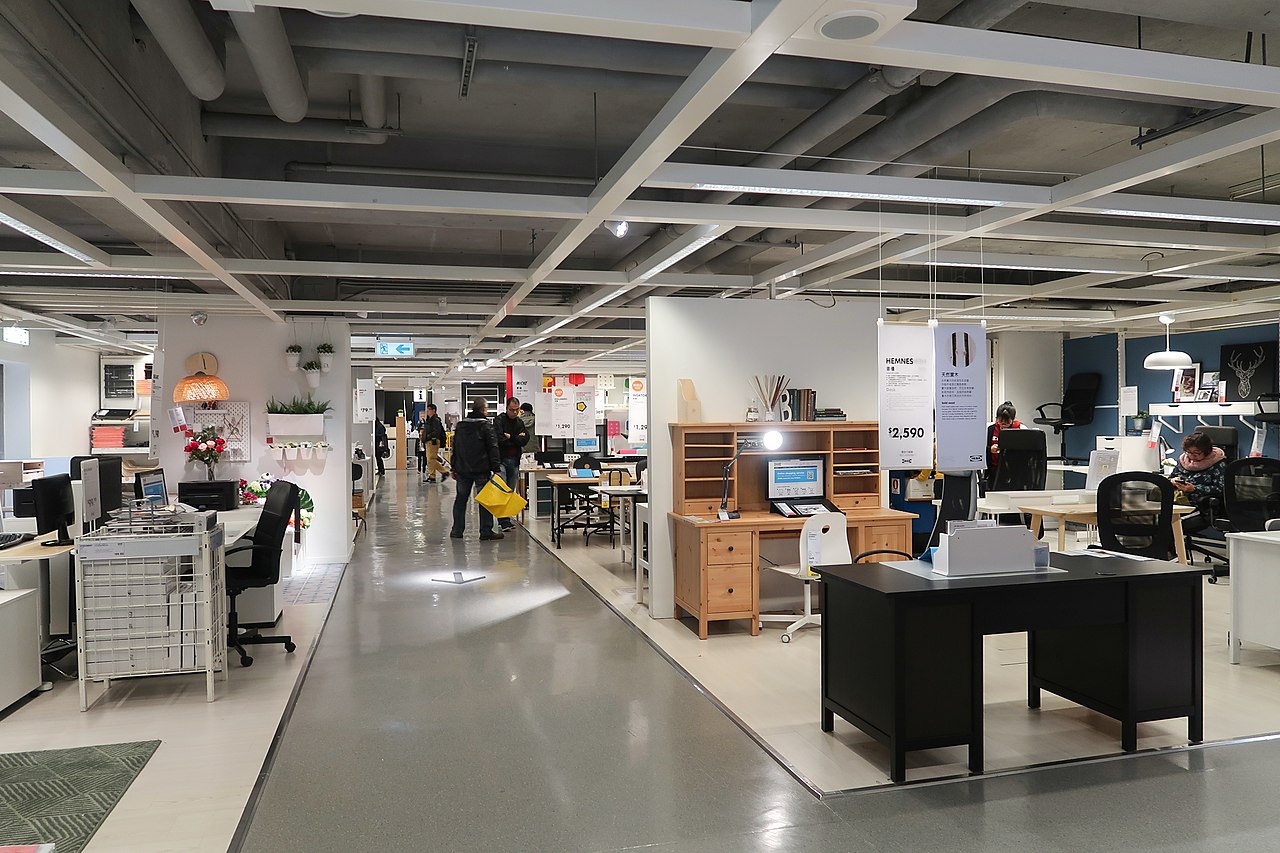You heard of a circular economy, but what is it exactly and how can it help reduce waste? Well, a circular economy is a system based on loops in which raw materials, components and products lose as little value as possible.
Burger King!
One example is Burger King, which is going to offer customers a perk. The company will first charge customers a small deposit that is returnable if the customers bring back the boxes and cups.
These are taken away for cleaning and processing for re-use in a loop that will only end if the system renders the boxes and cups unusable. This is how the circular economy loop works.
It is all about using and reusing and or recycling of products. In this system, the thinkers have already calculated the amount that goes to waste from the start of production while the materials used are in constant evolution.
This economic system uses renewable energy sources, and a system called system thinking that takes into consideration the cycle of production and consumption altogether.
In this article, we are looking at brands that are embracing the circular economy in some inventive ways and how this is helping consumers to rethink how they consume goods.
Here are four examples of the circular innovation that could come to a store near you.
Recycling incentives: Thousand Fell
Thousand Fell is already making a name for itself as an environmentally conscious manufacturer with shoes made from sustainable materials such as coconut husk and sugar cane, and even recycled plastic bottles,
Now, in partnership with TerraCycle and UPS, the maker has launched a special recycling incentive. Customers can return old pairs of Thousand Fell shoes back to the manufacturer. Thousand Fell will then recycle the returned footwear and send customers $20 that can be used toward a new pair of shoes.
IKEA’s First-ever-second-hand-store!
IKEA has launched its first-ever second-hand store.
The store in Eskilstuna west of Stockholm will after used furniture is repaired or brushed up in an adjacent repair shop, sell the items at below their initial price.
The plan is part of its efforts to reach its 2030 climate targets.
The company says this is part of their plan to help customers prolong the life of their products. It has started a similar idea in Malaysia where Ikea is now asking customers to bring their used materials (cloth and so on) to deposit them in special storage spaces.
The company has also recently started a buy-back scheme for customers in Sweden – it gives vouchers in exchange for the return of unwanted furniture and other items.
Adidas
Adidas has a range of footwear designed with recycling in mind, including its UltraBoost DNA Loop shoes made from just one material – thermoplastic polyurethane or TPU. No glue is used, and it is assembled using high temperatures.
Adidas calls it the type of shoe customers will never own because they will return it once they are done using it.
The idea is to keep waste out of the landfill.
Now, what can your company do to participate in the circular economy? Have you thought of that?
The original article appeared on the WeForum website. This is an adapted version.

